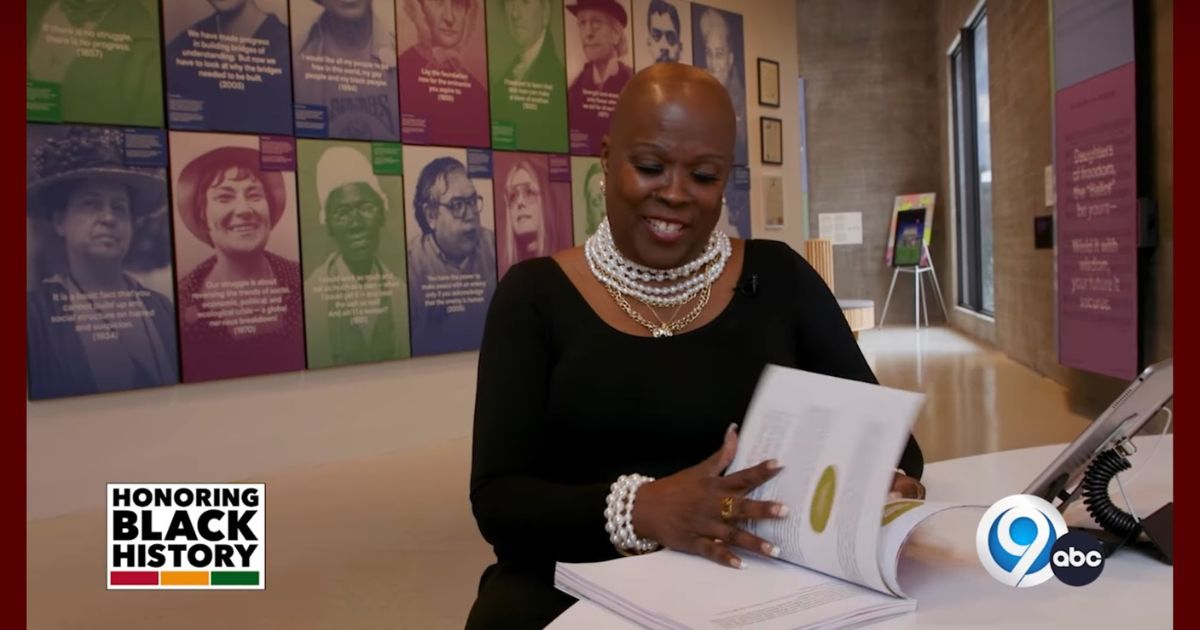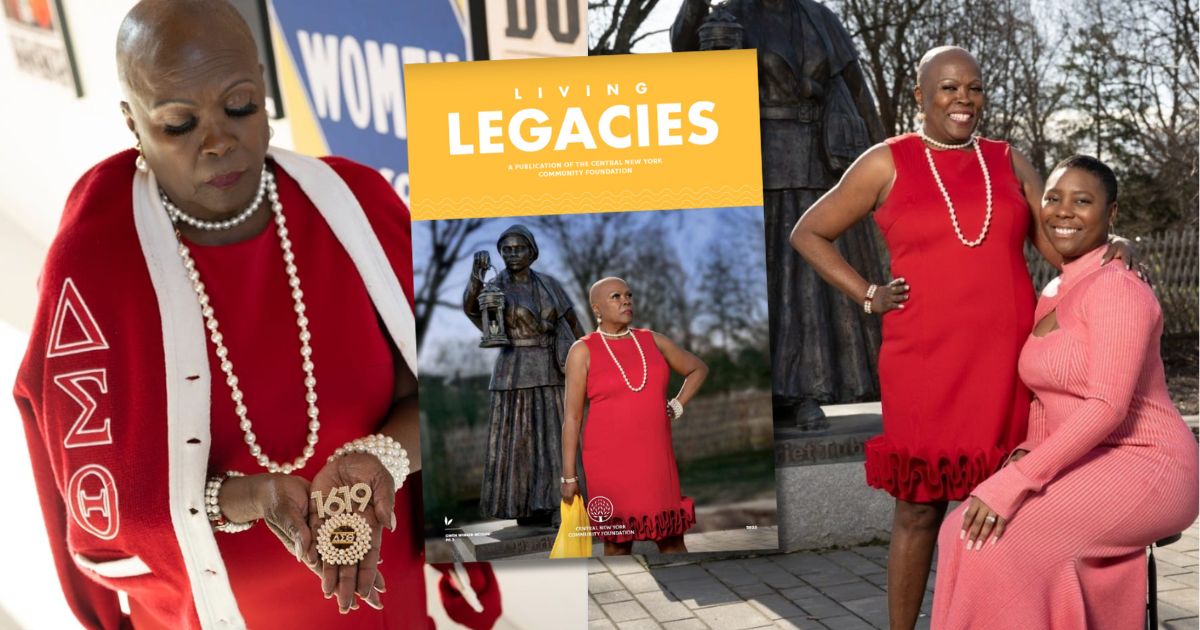The Gwen, Inc. team frequently discusses the connection between company culture and creating effective diversity, equity and inclusion (DEI) plans. We focus on the role executive leaders have in the DEI planning process. We believe DEI plans are only as good as the philosophies, skills and behaviors of leaders charged with executing them. We also notice the importance of these same leaders creating company cultures that enable DEI plans to be embraced and accepted by employees. We notice how poor organizational culture derails DEI plans. These conversations cause me to reflect on a comment made by one of my consulting partners. “If we aren’t careful, company culture will eat DEI plans and related strategies for breakfast,” – a variation on Drucker’s famous quip: “culture eats strategy for breakfast.” We laughed because the language used to make this point was funny. At the same time, we were taken by the truth of this statement. When a company has poor culture it frequently shows up as dynamics in the DEI planning and execution process. This conversation left me thinking about two dynamics that regularly affect company culture and a company’s ability to effectively execute DEI plans.
A common dynamic is connected to leadership. Many executive leaders understand company culture matters when developing and executing DEI plans. However, they don’t always know “how” to build and sustain positive company culture. Furthermore, executive leaders often believe their job is to espouse philosophies about company culture and mid-managers are responsible for building this culture among employees based on these philosophies.
There is an element of truth in this belief. Mid-managers are central in building a company culture that supports DEI plans. However, they expect top leaders to define this culture, provide resources to build the culture, and then “live” this culture in their word, action, and deed. When this doesn’t happen, executive leaders are affected by issues of word-deed alignment. Mid-managers hear what is being espoused, yet they don’t believe what they hear unless they see executive leaders aligning their behavior with the philosophies. This leads to issues of trust. Low trust weakens a company’s culture and has a negative impact on the ability to develop and execute effective DEI plans.
Trust is a strategic company resource that must be cultivated by executive leaders daily. In fact, trust is the X Factor when it comes to executing DEI plans. This concept was solidified for me after reading The Speed of Trust written by Stephen M.R. Covey. He presents an equation for consideration: (S x E) T =R or Strategy x Execution multiplied by Trust = Results. In order for DEI strategies to be effective, executive leaders must consistently inspire others to trust in them, extend trust to others, and restore trust where it has been broken in a company. Trust is directly connected to leadership, company culture, and DEI plan results.
Another dynamic affecting company culture and the execution of DEI plans and strategies is a lack of shared understanding about what is important. Executive leaders must ensure “right things are done in the right way.” Yet there is often confusion between and among executive leaders, managers and employees regarding what “right things” should be accomplished and defining the “right way” for accomplishing them. This brings me back to the topic that served as the catalyst for this blog, developing and executing effective DEI plans. DEI plans strengthen company culture when properly executed. They provide specific goals, strategic priorities and key result areas. Strategies are clearly defined and supported by tactics that identify how to execute them. Acting strategically increases the confidence and competence of executive leaders, managers, and employees by providing a common framework for ensuring a company consistently demonstrates commitment to DEI in all aspects of the business. When DEI plans are led by highly trusted executive leaders and managers, it increases the opportunity for related strategies to thrive versus being eaten alive by poor company culture.
A company’s culture is easy to overlook in today’s business environment. Executive leaders, managers and employees must understand the connection between poor company culture and the ability to execute DEI plans and strategies. It is imperative to build a company culture grounded in confident, competent, courageous and calm leadership, filled with high levels of trust and strong workplace relationships in order to develop and execute DEI plans that yield positive outcomes.












